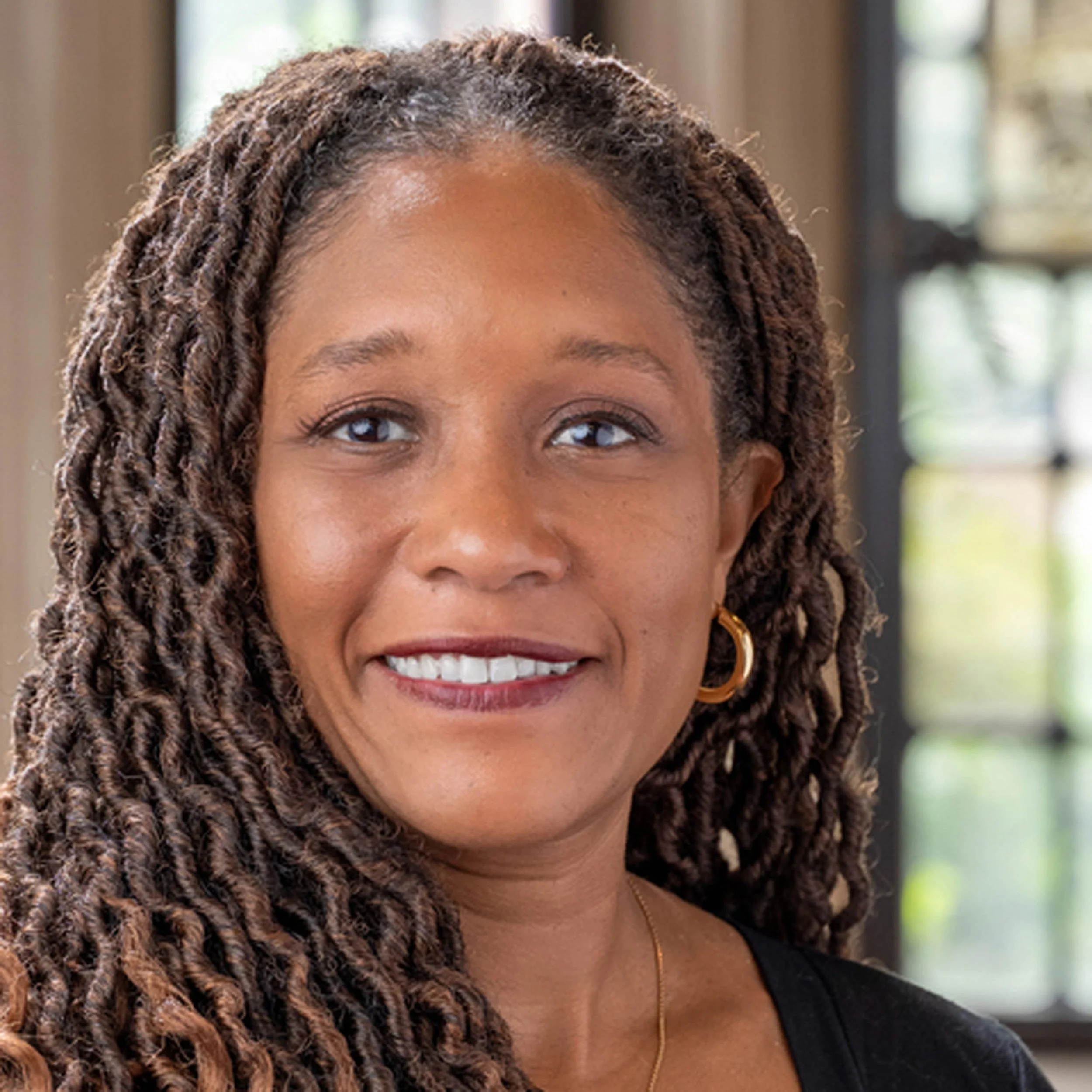In this episode on Speaking Out of Place podcast Professor David Palumbo-Liu talks with Professor Persis Karim, co-producer and co-director of a new documentary film, The Dawn is Too Far: Stories of Iranian-American Life. She is joined by Roya Ahmadi, a student at Stanford who interned at the Center for Iranian Diaspora Studies at San Francisco State University and was part of the production team for the film. The film captures the lives of young Iranian-Americans who come to the San Francisco Bay Area around the time of the Iranian Revolution, and find themselves involved with, and helping to shape, a vibrant, international culture of politics and art. We talk about both the similarities and differences between those days and today—especially with regard to diasporic identity formation in different historical times, and the persistent need to resist racism and bigotry and act in solidarity with others.
Persis Karim is the director of the Center for Iranian Diaspora Studies at San Francisco State University, where she also teaches in the Department of Humanities and Comparative and World Literature. Since 1999, she has been actively working to expand the field of Iranian Diaspora Studies, beginning with the first anthology of Iranian writing she co-edited, A World Between: Poems, Short Stories and Essays by Iranian-Americans. She is the editor of two other anthologies of Iranian diaspora literature: Let Me Tell You Where I’ve Been: New Writing by Women of the Iranian Diaspora, and Tremors: New Fiction by Iranian-American Writers. Before coming to San Francisco State, she was a professor of English & Comparative Literature at San Jose State where she was the founder and director of the Persian Studies program, and coordinator of the Middle East Studies Minor. She has published numerous articles about Iranian diaspora literature and culture for academic publications including Iranian Studies, Comparative Studies of South Asian, African and Middle East Studies (CSSAMES), and MELUS: Multi-Ethnic Literatures of the United States. “The Dawn is Too Far: Stories of Iranian-American Life,” is her first film project (co-directed and co-produced with Soumyaa Behrens). She received her Master’s in Middle East Studies and her Ph.D. in Comparative Literature from UT Austin. She is also a poet.
Speaking Out of Place, which carries on the spirit of Palumbo-Liu’s book of the same title, argues against the notion that we are voiceless and powerless, and that we need politicians and pundits and experts to speak for us.
Judith Butler on Speaking Out of Place:
“In this work we see how every critical analysis of homelessness, displacement, internment, violence, and exploitation is countered by emergent and intensifying social movements that move beyond national borders to the ideal of a planetary alliance. As an activist and a scholar, Palumbo-Liu shows us what vigilance means in these times. This book takes us through the wretched landscape of our world to the ideals of social transformation, calling for a place, the planet, where collective passions can bring about a true and radical democracy.”
David Palumbo-Liu is the Louise Hewlett Nixon Professor and Professor of Comparative Literature at Stanford University. He has written widely on issues of literary criticism and theory, culture and society, race, ethnicity and indigeneity, human rights, and environmental justice. His books include The Deliverance of Others: Reading Literature in a Global Age, and Speaking Out of Place: Getting Our Political Voices Back. His writing has appeared in The Washington Post, The Guardian, The Nation, Al Jazeera, Jacobin, Truthout, and other venues.
Bluesky @palumboliu.bsky.social
Apple Podcasts · Spotify · Website · Instagram















































































